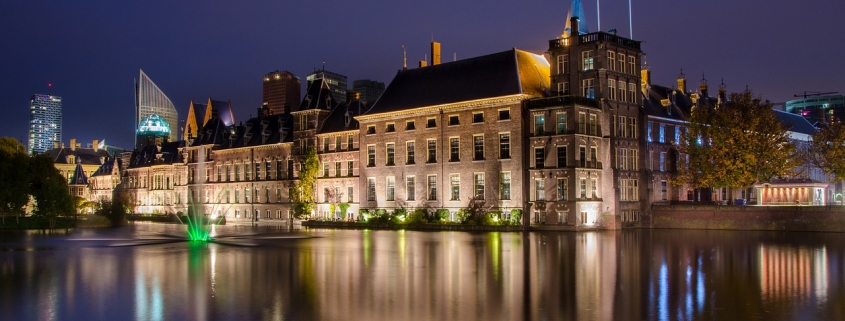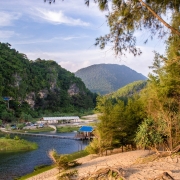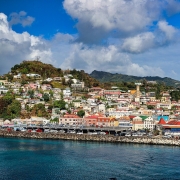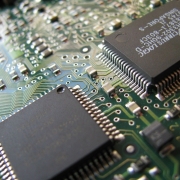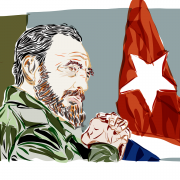What is the role of the International Court of Justice?
Topic of Study [For H2 History Students]:
Paper 1: Safeguarding International Peace and Security
Section B: Essay Writing
Theme III Chapter 2: Political Effectiveness of the UN in maintaining international peace and security
Role of the International Court of Justice (ICJ)
The ICJ is the principal judicial organ of the United Nations (UN). Its establishment took place during the San Francisco Conference (25 April to 26 June 1945) that officially formed the UN itself.
The International Court of Justice shall be the principal judicial organ of the United Nations. It shall function in accordance with the annexed Statute, which is based upon the Statute of the Permanent Court of International Justice and forms an integral part of the present Charter.
Article 93, Chapter XIV of the UN Charter
Functions of the ICJ
There are two main functions performed by the ICJ. The Court provides advisory opinions and facilitates dispute resolution.
Feature #1: Advisory Opinion
The ICJ can provide advisory opinions for UN members for any legal matters. In other words, the Court is an embodiment of world opinion to reflect the international community’s will. Examples include the ‘Legality of the Use or Threat of Nuclear Weapons‘ [19 December 1994].
The General Assembly or the Security Council may request the International Court of Justice to give an advisory opinion on any legal question.
Article 96, Chapter XIV of the UN Charter [Advisory Opinion]
Feature #2: Dispute Resolution
Second, the Court is responsible for dispute resolution between sovereign states. It acts as a fair mediator and provides an internationally-recognised platform. Examples include the ‘Pedra Branca dispute‘ [24 July 2003] and ‘Frontier Dispute‘ [18 October 1983].
The parties to any dispute, the continuance of which is likely to endanger the maintenance of international peace and security, shall, first of all, seek a solution by negotiation, enquiry, mediation, conciliation, arbitration, judicial settlement, resort to regional agencies or arrangements, or other peaceful means of their own choice.
Article 33, Chapter VI of the UN Charter [Dispute Resolution]
In making recommendations under this Article the Security Council should also take into consideration that legal disputes should as a general rule be referred by the parties to the International Court of Justice in accordance with the provisions of the Statute of the Court.
Article 36, Chapter VI of the UN Charter [Dispute Resolution]
Institutionalization of the ICJ: First Case
In April 1946, the precursor to the ICJ, also known as the Permanent Court of International Justice (PCIJ), was dissolved. Subsequently, the President Judge, José Gustavo, was elected in the ICJ. In May 1947, the first case that was submitted by United Kingdom against Albania. It was known as the ‘Corfu Channel’ incident.
Enforcement of Court’s Decisions
Should any involved party refuse to comply with the Court’s decision, the Security Council can enforce the decisions. In fact, all members of the United Nations must adhere to the decisions of the Court, if they are involved in a submitted dispute.
Each Member of the United Nations undertakes to comply with the decision of the International Court of Justice in any case to which it is a party.
If any party to a case fails to perform the obligations incumbent upon it under a judgment rendered by the Court, the other party may have recourse to the Security Council, which may, if it deems necessary, make recommendations or decide upon measures to be taken to give effect to the judgment.
Article 94, Chapter XIV of the UN Charter
Final Summary
In view of the ICJ’s roles, the United Nations has arguably remained relevant in ensuring adherence to the international law. Although there are occasional setbacks that hamper its ability to resolve complex disputes, particularly in the South China Sea region, many countries still defer to the Court’s decision.
What can we learn from this article?
Consider the following questions to understand the topic:
– To what extent do you agree that the International Court of Justice was hindered by the great powers in ensuring adherence to the international law? [to be discussed in class].
Now that you have examined the functions of the ICJ, you can consider signing up for our JC History Tuition. We will teach you to write concise and well-organised paragraphs to ace your A Level History essay sections in Paper 1 and Paper 2 [for H2 History].
The H2 and H1 History Tuition feature online discussion and writing practices to enhance your knowledge application skills. Get useful study notes and clarify your doubts on the subject with the tutor. You can also follow our Telegram Channel to get useful updates.
We have other JC tuition classes, such as JC Math Tuition and JC Chemistry Tuition. For Secondary Tuition, we provide Secondary English Tuition, Secondary Math tuition, Secondary Chemistry Tuition, Social Studies Tuition, Geography, History Tuition and Secondary Economics Tuition. For Primary Tuition, we have Primary English, Math and Science Tuition. Call 9658 5789 to find out more.

